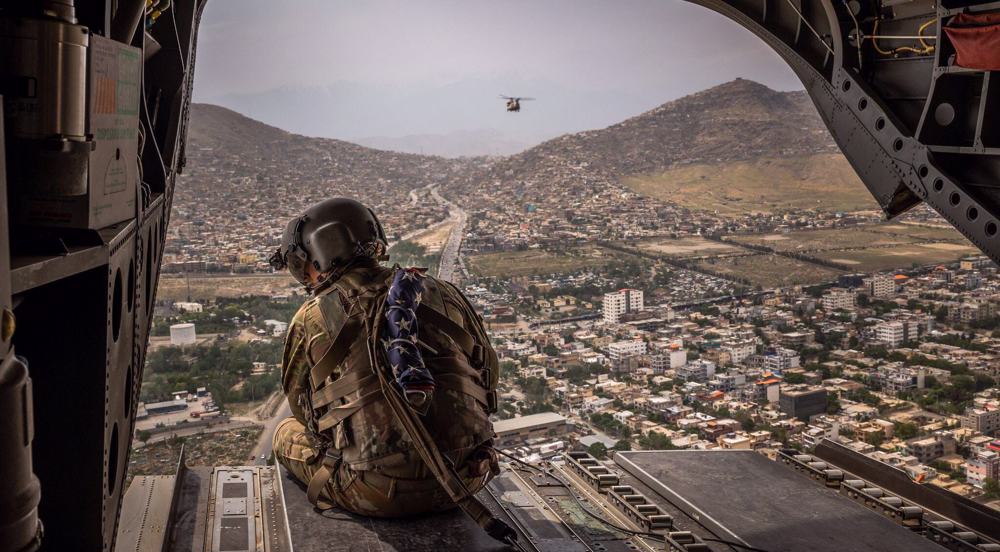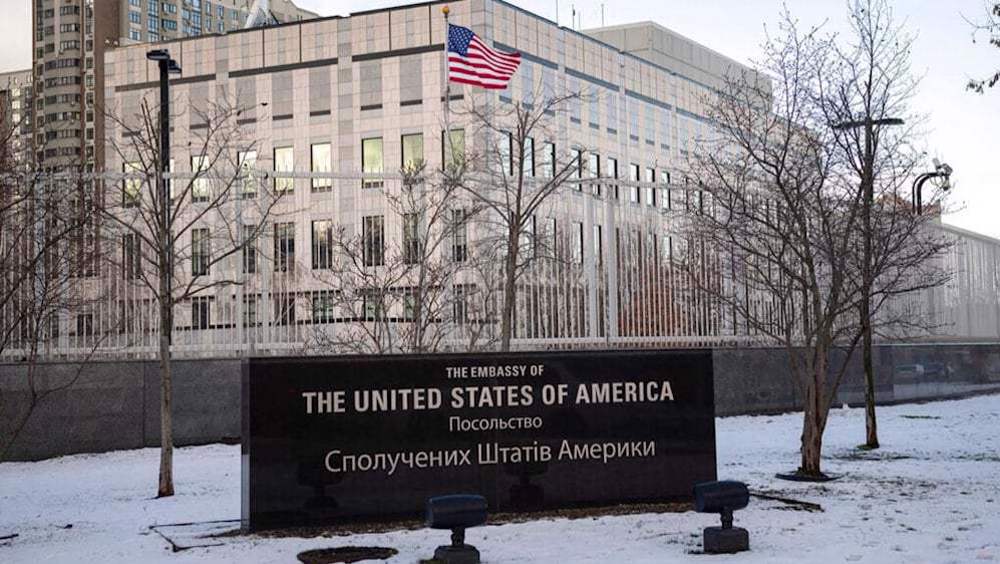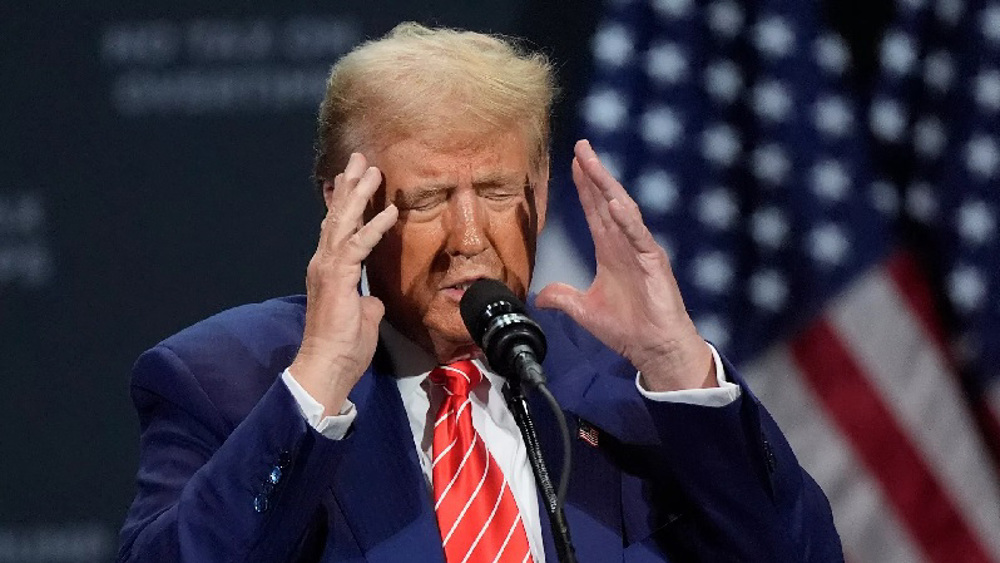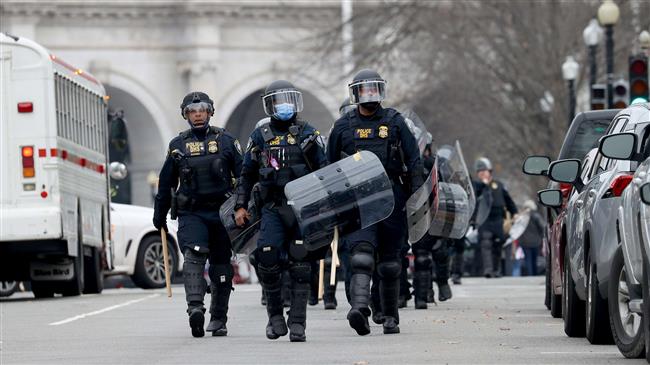West seeking to enforce its deeply flawed democracy in world: Analyst
The West targets anyone who refuses to follow its so-called definition of “democracy” with sanctions and even invasion or occupation, says an American political analyst.
Asked about the concept of democracy, Dennis Etler told Press TV on Wednesday, that the West “has allocated to itself the role of arbiter, promoter and enforcer of democracy throughout the world.”
“If you do not live up to its definition you may be faced with diplomatic isolation, economic sanctions, and even the possibility of invasion and occupation in order to ensure its practice,” he said.
“State sovereignty and the will of the people in the targeted country be damned,” Etler added.
This is while, he said, the West’s narrative surrounding democracy “is deeply flawed and self-serving.”
The democracy that is defined and enforced by the Western powers “doesn’t reflect reality; it merely reflects the West’s deep-seated prejudices and arrogance,” Etler noted.
“This raises a serious question as to who has the right to define what exactly is ‘democracy’, a self-appointed overseer such as the US, or the people themselves, as in China,” he asked.
Etler also pointed out to the findings of a new poll that says the US is seen by the people of the world as more of a threat to democracy than Russia and China.
He said that while the West has failed to deliver the “actual practice of governance”, China “once again rises to the top.”
“Even on an international scale the US is rated as more of a threat to democracy than either China or Russia, the two countries the US constantly accuses of undermining it,” Etler said.
The survey conducted by the Latana polling company in 53 countries between February and April, says almost 44% of respondents see the US a threat to democracy in their own country.
This comes as the number falls to 38% for China, and 28% for Russia.
In related remarks, Chinese President Xi Jinping called for “a fairer world order in the face of the West’s unilateralism.”
Without singling out the US, Xi warned hegemonic countries against “bossing others around.”
“One or a few countries shouldn’t impose their rules on others, and the world shouldn’t be led on by the unilateralism of a few countries,” Xi told the annual Boao Forum for Asia.
China has repeatedly criticized US hegemony and its projection of power in trade and geopolitics.
China and the US have been engaged in an intense trade war, kicked off under the Donald Trump administration.
The two world powers are also increasingly at odds over a range of issues, including alleged human rights abuses in the Xinjiang region, protests in Hong Kong, China’s territorial claims on the Chinese Taipei (Taiwan) and most of the South China Sea as well as the COVID-19 origin.
Beijing hoped for an improvement in relations under President Joe Biden's administration. But the new president has so far shown no sign of backing down on hardline policies toward Beijing.
VIDEO | 85% of Yemeni displaced people face daily hunger crisis
US House passes bill targeting charities and pro-Palestine groups
VIDEO | Supporting Gaza genocide
Hezbollah attacks Israeli forces after Lebanese homes blown up
World leaders, states hail ICC arrest warrants for Netanyahu, Gallant
MP: US accountable for possible Israeli 'foolishness' to attack Iraq
VIDEO | Israeli policies strangle Palestinian agriculture, economy
Iran's president offers condolences to Pakistan over terrorist attack











 This makes it easy to access the Press TV website
This makes it easy to access the Press TV website